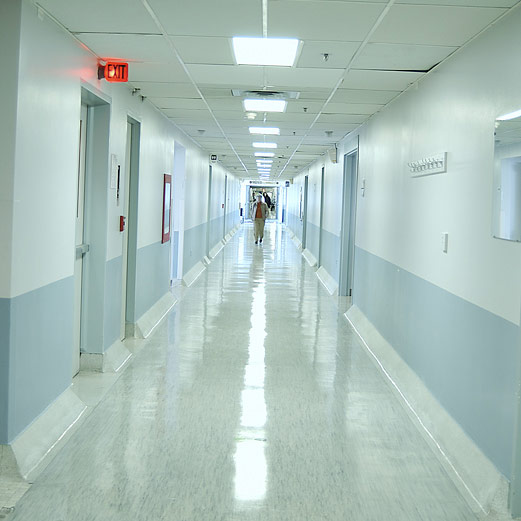
Here are some of the latest health and medical news developments, compiled by the editors of HealthDay:
Ebola Outbreak at ‘Turning Point’ as Cases Decline: WHO
Ebola cases are falling in the three hardest-hit West African countries and the outbreak has reached a “turning point,” according to the World Health Organization.
In Liberia, only eight cases were detected last week, compared with a peak of 500 a week in September. New Ebola cases in Guinea are at 20 a week, compared to a peak of 292, and new cases in Sierra Leone are at 117 a week, compared with a peak of 748, BBC News reported.
The latest numbers are the “most promising” since the start of the outbreak, the WHO said. However, it urged caution and emphasized the need to find people who’ve had contact with Ebola patients.
“The incidence is pretty clearly going down in all three countries now,” Dr. Christopher Dye, director of strategy in the office of the WHO’s director general, told BBC News. “Each of the last three weeks has been the most promising we’ve seen so far, the message is reductions in all places.”
“I would have identified the turning point as the beginning of the decline, first in Liberia and then later in Sierra Leone and Guinea,” he added.
The Ebola outbreak has infected 21,724 people and killed 8,641, with most cases and deaths occurring in Sierra Leone, Liberia and Guinea, BBC News reported.
—–
Smoking Costs at Least $1.1 Million Over a Lifetime: Study
The average American smoker spends at least $1.1 million and as much as $2 million on his or her habit over a lifetime, a new study says.
The state-by-state analysis found that Alaska had the highest lifetime cost per smoker at just over $2 million, followed by Connecticut at nearly $2 million and New York at $1.9 million. The lowest lifetime per-smoker costs were in West Virginia at nearly $1.1 million and in Kentucky at nearly $1.1 million, the Detroit Free Press reported.
The costs in the WalletHub study include the cost of tobacco, the amount of money a person would have earned if the money they spent on tobacco would have been invested instead, health care costs, income lost due to smoking, and other associated costs such as higher home insurance premiums.
“It’s Tobacco-Free Awareness Week. Also paired with that, it’s New Year’s resolutions season, (so) we figured people who aren’t too inspired to quit by the health risks at least the financial costs should raise some awareness,” said Jill Gonzalez, spokeswoman for WalletHub, a personal-finance website, the Free Press reported.
Tobacco Awareness Week is Jan. 18 to 24.
“I and most people really just think of the cost of cigarettes and taxes on the packs,” Gonzalez told the Free Press. “But if you think about the health-care costs, which can totally be avoided, health-care insurance premiums and in the workplace bias against smokers, that can … add up.”
Copyright © 2026 HealthDay. All rights reserved.

